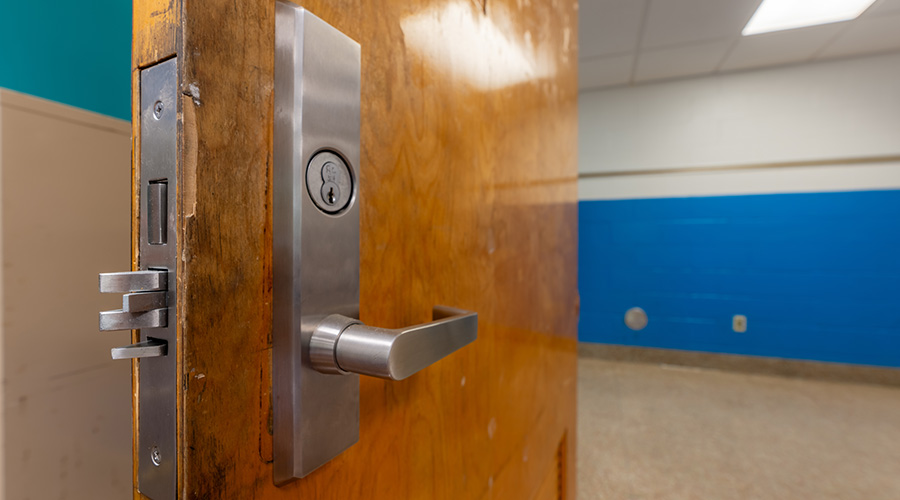How To Make Landscaping and Irrigation Water Efficient
What strategies do you recommend for water efficient landscaping and irrigation?
When most facility managers think of landscape irrigation water efficiency, they think of the irrigation system (sprinklers, controllers, etc.). These are certainly important considerations, but they are at the back end of the list of what makes landscaping water efficient. Here is a list in an order or priority of important. It may change the way a facility manager or engineer may think of landscaping water use:
Soil preparation, amendment and depth
Shape land to hold water
Capture on-site sources of water (rainwater, swales, rain gardens, air conditioner condensate, etc.)
Symbiosis between landscape and storm water control (KEEP IT WHERE IT FALLS)
Chose appropriate plant material
Proper maintenance including mulching
Proper irrigation system design and operation
The first four items on the list contain both landscape design and storm water management Best Management Practices (BMPs). The last three are directed at good landscape practices. What is important is that the first four must be done before the grass or plant material is installed. They also require that the landscape design and the storm water engineers each get out of their mental silos and communicate. This is some new thinking, but the new rating systems and codes are starting to put all of this together. It will result in landscapes that "help water themselves" thus reducing irrigation costs and symbiotically combine the cost of stormwater management with landscape design. All new green codes are emphasizing these seven steps. Beyond that, following good irrigation system design and operation, weather-based controllers, and above all operators who are well trained will ensure efficient irrigation.
Related Topics:














